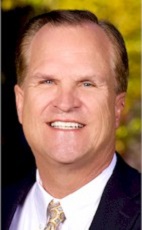
Like most businesses, hotels are relying on technology and data to drive almost every area of their operations, but perhaps this is especially true for hotel Revenue Managers. There has been an explosion of technology tools which generate a mountain of data - all in an effort to generate profitable pricing strategies. It falls to Revenue Managers to determine which tools best support their operations and then to integrate them efficiently into their existing systems. Customer Relationship Management, Enterprise Resource Planning, and Online Reputation Management software are basic tools; others include channel managers, benchmark reports, rate shopping tools and review systems, to name a few. The benefits of technology tools which automate large segments of a Revenue Manager's business are enormous. Freed from the time-consuming process of manual data entry, and having more accurate data available, allows Revenue Managers to focus on analysis, strategies and longer-term decision-making. Still, for most hotels, the amount of data that these tools generate can be overwhelming and so another challenge is to figure out how to effectively utilize it. Not surprisingly, there are some new tech tools that can help to do exactly that. There are cloud-based analytics tools that provide a comprehensive overview of hotel data on powerful, intuitive dashboards. The goal is to generate a clear picture, at any moment in time, of where your hotel is at in terms of the essentials - from benchmarking to pricing to performance - bringing all the disparate streams of data into one collated dashboard. Another goal is to eliminate any data discrepancies between finance systems, PMS, CRM and forecasting systems. The October issue of the Hotel Business Review will address all these important developments and document how some leading hotels are executing their revenue management strategies.



 Like most businesses, hotels are relying on technology and data to drive almost every area of their operations, but perhaps this is especially true for hotel Revenue Managers. There has been an explosion of technology tools which generate a mountain of data - all in an effort to generate profitable pricing strategies. It falls to Revenue Managers to determine which tools best support their operations and then to integrate them efficiently into their existing systems. Customer Relationship Management, Enterprise Resource Planning, and Online Reputation Management software are basic tools; others include channel managers, benchmark reports, rate shopping tools and review systems, to name a few. The benefits of technology tools which automate large segments of a Revenue Manager's business are enormous. Freed from the time-consuming process of manual data entry, and having more accurate data available, allows Revenue Managers to focus on analysis, strategies and longer-term decision-making. Still, for most hotels, the amount of data that these tools generate can be overwhelming and so another challenge is to figure out how to effectively utilize it. Not surprisingly, there are some new tech tools that can help to do exactly that. There are cloud-based analytics tools that provide a comprehensive overview of hotel data on powerful, intuitive dashboards. The goal is to generate a clear picture, at any moment in time, of where your hotel is at in terms of the essentials - from benchmarking to pricing to performance - bringing all the disparate streams of data into one collated dashboard. Another goal is to eliminate any data discrepancies between finance systems, PMS, CRM and forecasting systems. The October issue of the Hotel Business Review will address all these important developments and document how some leading hotels are executing their revenue management strategies.
Like most businesses, hotels are relying on technology and data to drive almost every area of their operations, but perhaps this is especially true for hotel Revenue Managers. There has been an explosion of technology tools which generate a mountain of data - all in an effort to generate profitable pricing strategies. It falls to Revenue Managers to determine which tools best support their operations and then to integrate them efficiently into their existing systems. Customer Relationship Management, Enterprise Resource Planning, and Online Reputation Management software are basic tools; others include channel managers, benchmark reports, rate shopping tools and review systems, to name a few. The benefits of technology tools which automate large segments of a Revenue Manager's business are enormous. Freed from the time-consuming process of manual data entry, and having more accurate data available, allows Revenue Managers to focus on analysis, strategies and longer-term decision-making. Still, for most hotels, the amount of data that these tools generate can be overwhelming and so another challenge is to figure out how to effectively utilize it. Not surprisingly, there are some new tech tools that can help to do exactly that. There are cloud-based analytics tools that provide a comprehensive overview of hotel data on powerful, intuitive dashboards. The goal is to generate a clear picture, at any moment in time, of where your hotel is at in terms of the essentials - from benchmarking to pricing to performance - bringing all the disparate streams of data into one collated dashboard. Another goal is to eliminate any data discrepancies between finance systems, PMS, CRM and forecasting systems. The October issue of the Hotel Business Review will address all these important developments and document how some leading hotels are executing their revenue management strategies.



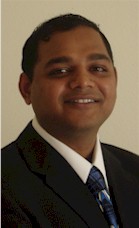


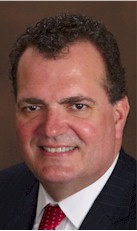

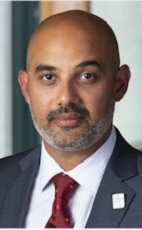


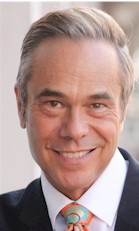









.jpg?w=70)
